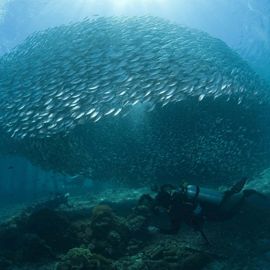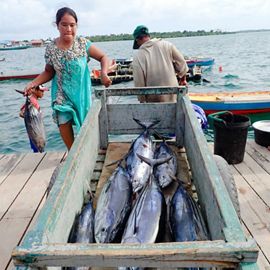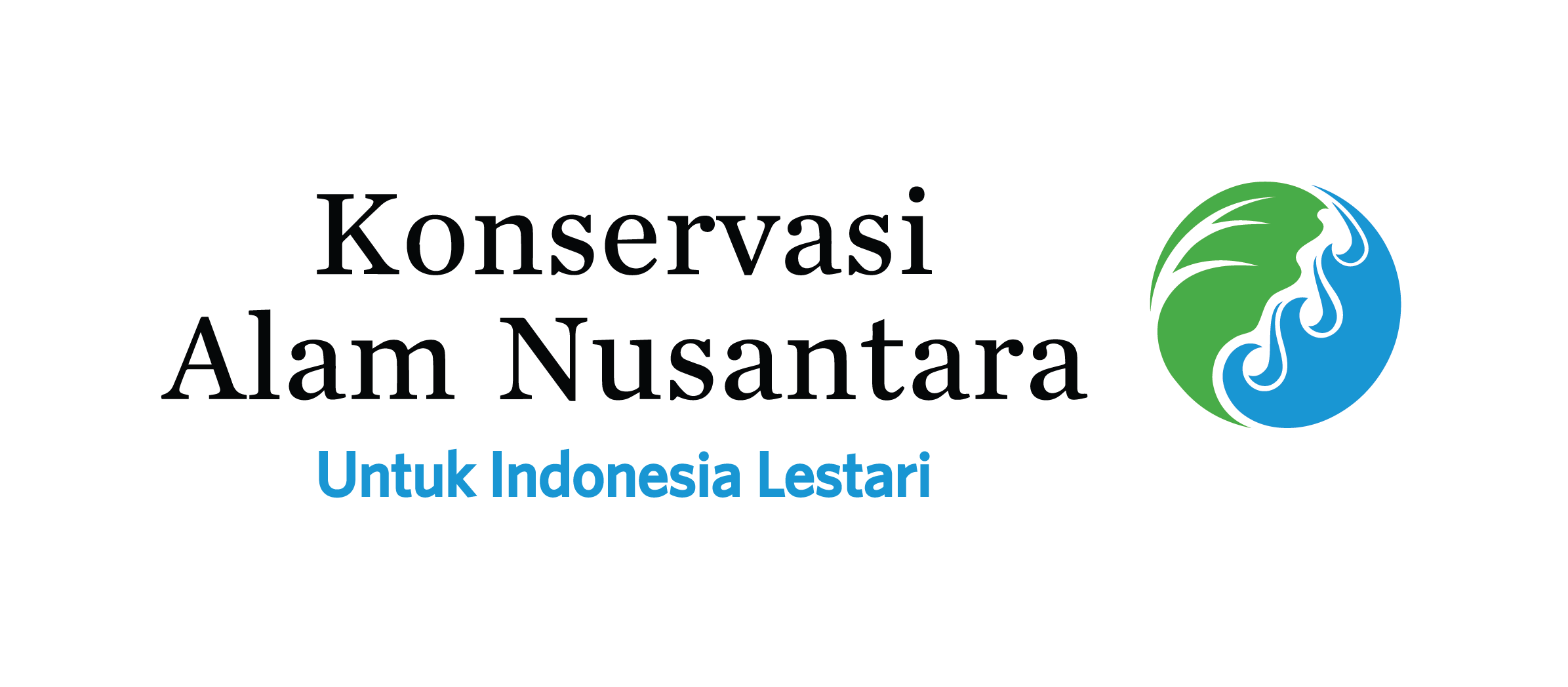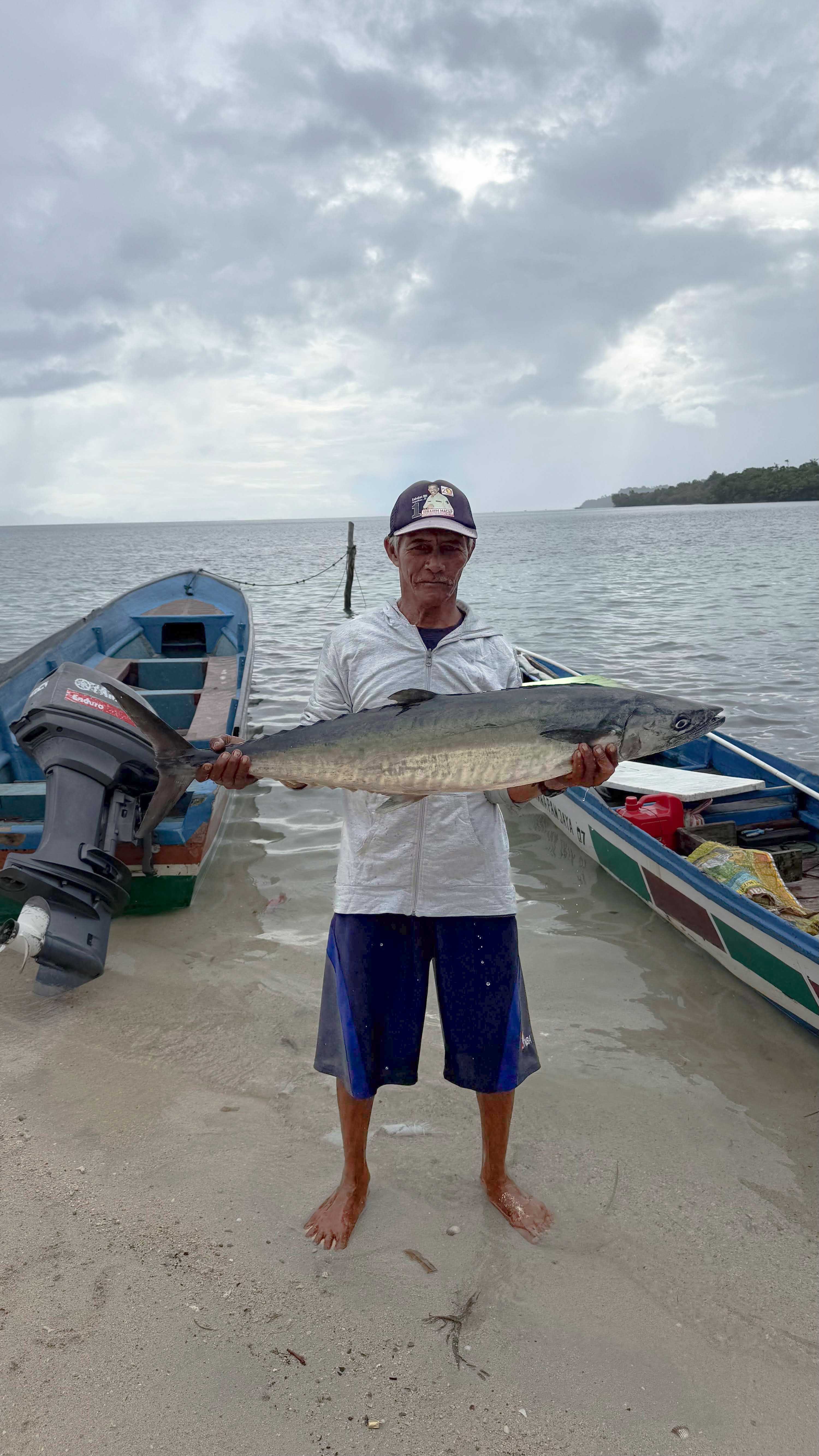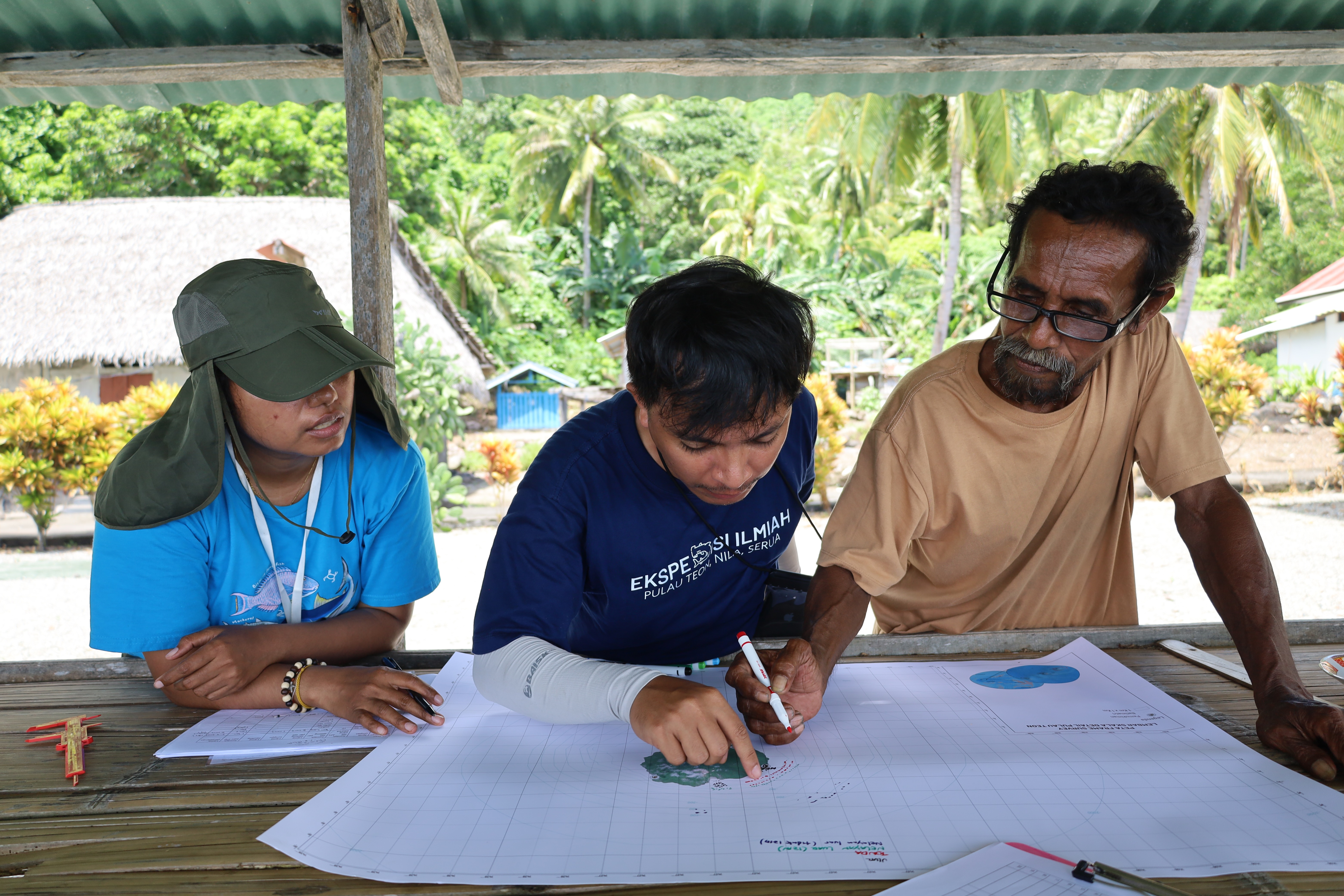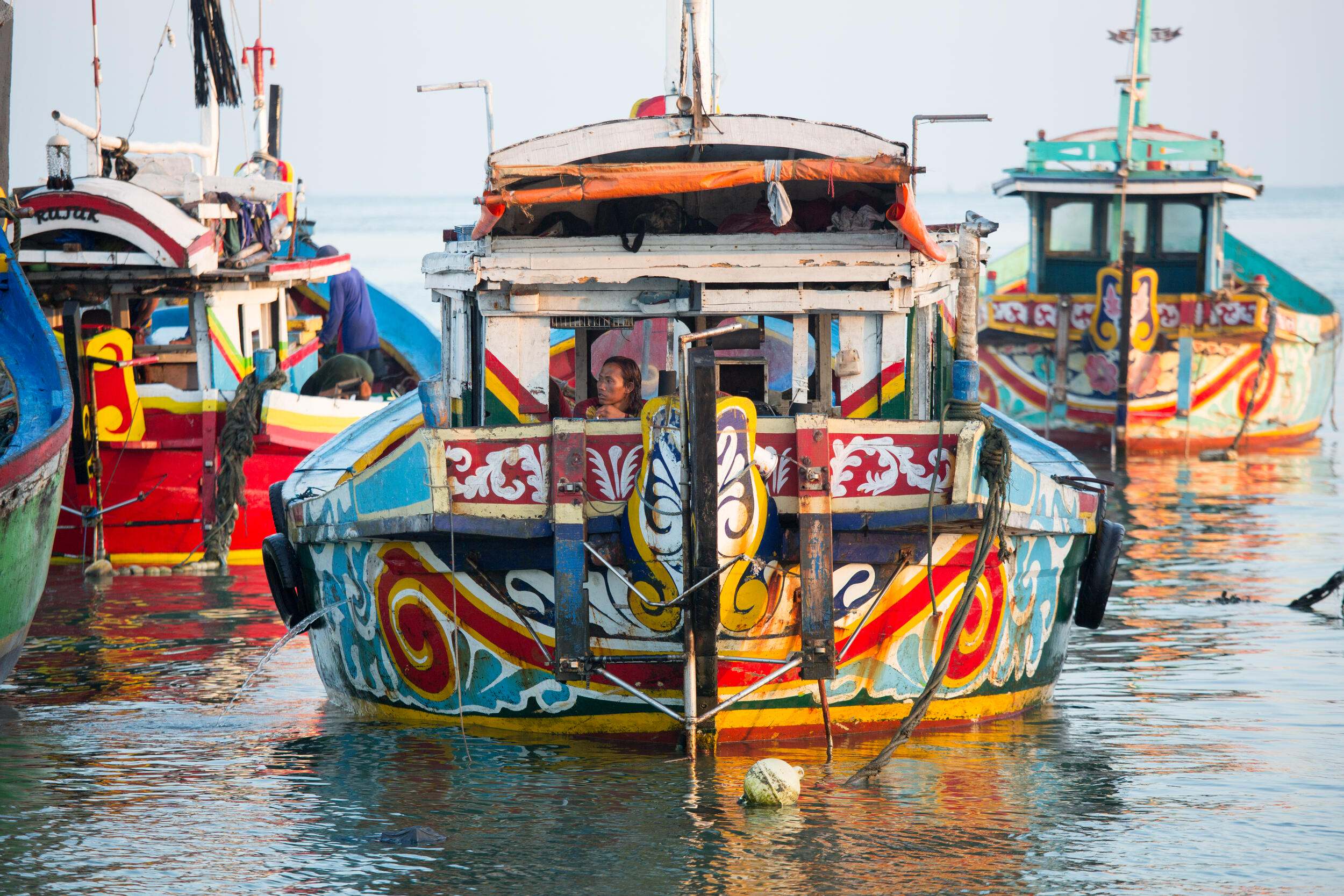Sustainable Fisheries
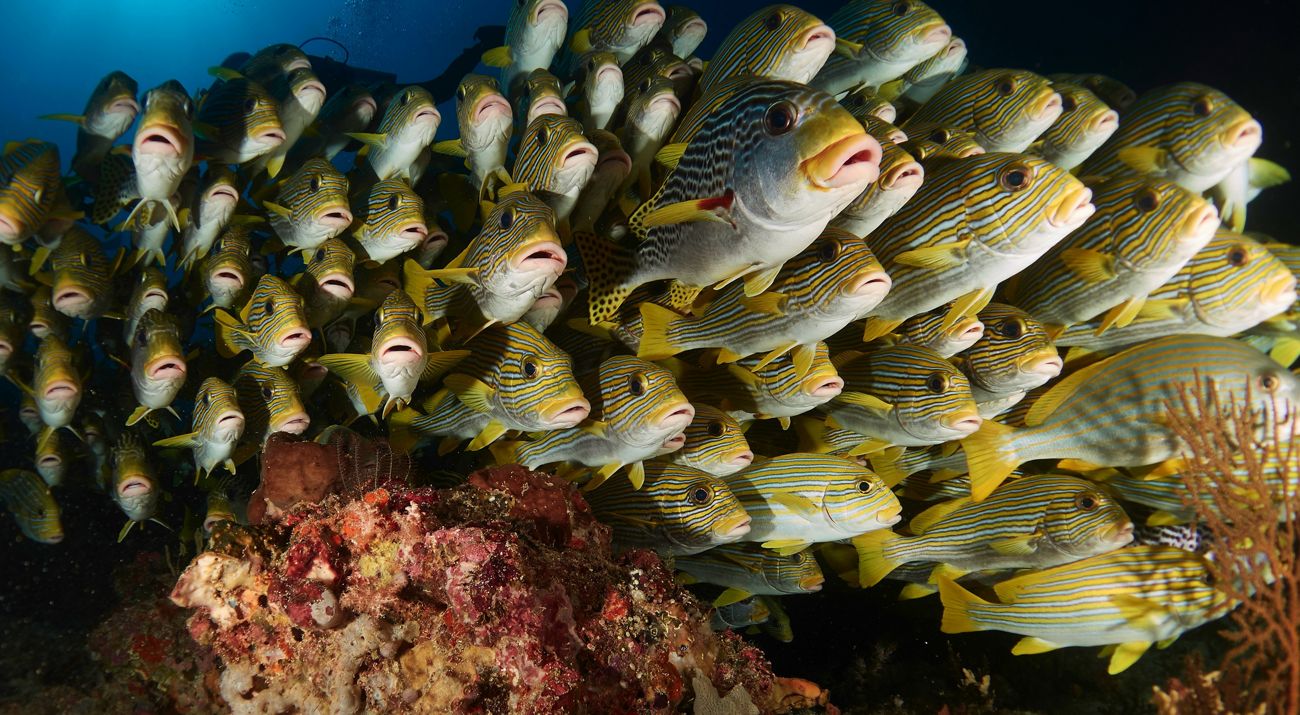
Since 2014, YKAN has been dedicated to enhancing fisheries management and conservation in Indonesia by developing data-driven information systems.
YKAN's creation was born out of the complex issues within Indonesia's fisheries sector, requiring comprehensive solutions for data management, sustainable management, and coastal community engagement.
Initially, YKAN’s program focused on snapper fisheries, encompassing both reef-based varieties and demersal fisheries, which operate on or near the seafloor. Over time, the scope of our work expanded significantly to embrace tuna fisheries and other coastal fisheries. After more than a decade of engagement, YKAN now plays a key role in developing fisheries policies and advancing fisheries conservation in Indonesia.
YKAN’s Strategic Focus for Sustainable Fisheries
To optimize its impact, YKAN focuses on three strategic issues
One of our most notable innovations is CODRS – the Crew-Operated Data Recording System. It provides accurate information on sustainable fisheries management to government, communities, the private sector, and other stakeholders. CODRS not only serves as an essential tool for collecting real-time fisheries data but also forms the basis for developing scientific recommendations.
We also produce sophisticated technical reports and guides, ranging from fisheries stock status assessments and frame surveys to fish identification training materials. These resources are essential for developing effective and responsible fisheries policies and practices.
The Ministry of Marine Affairs and Fisheries (KKP) has designated YKAN as a trusted partner in supporting the National Commission for Fishery Resource Assessment (Komnas Kajiskan). YKAN assesses fish stocks in 11 Fisheries Management Areas (WPP) across Indonesia. These assessments are the basis for setting catch allocations and ensuring the sustainable management of fishery resources.
Key Achievements in Sustainable Fisheries
-

11 FMA
Fisheries data collection conducted across 11 FMA
-

1.110
CODRS implemented by 1,110 fishers across Indonesia
-

8M
YKAN has identified fish species >8 million photograph
-

50+
50+ science-based recommendations for sustainable fisheries
Commitment to the Future
YKAN is committed to being part of the long-term solution for a healthy and sustainable future for Indonesia's fisheries. We believe that by combining science-based strategies, multi-stakeholder partnerships, and innovative technology, Indonesia's fisheries can recover, thrive, and provide a fair and just source of livelihoods for generations to come.
